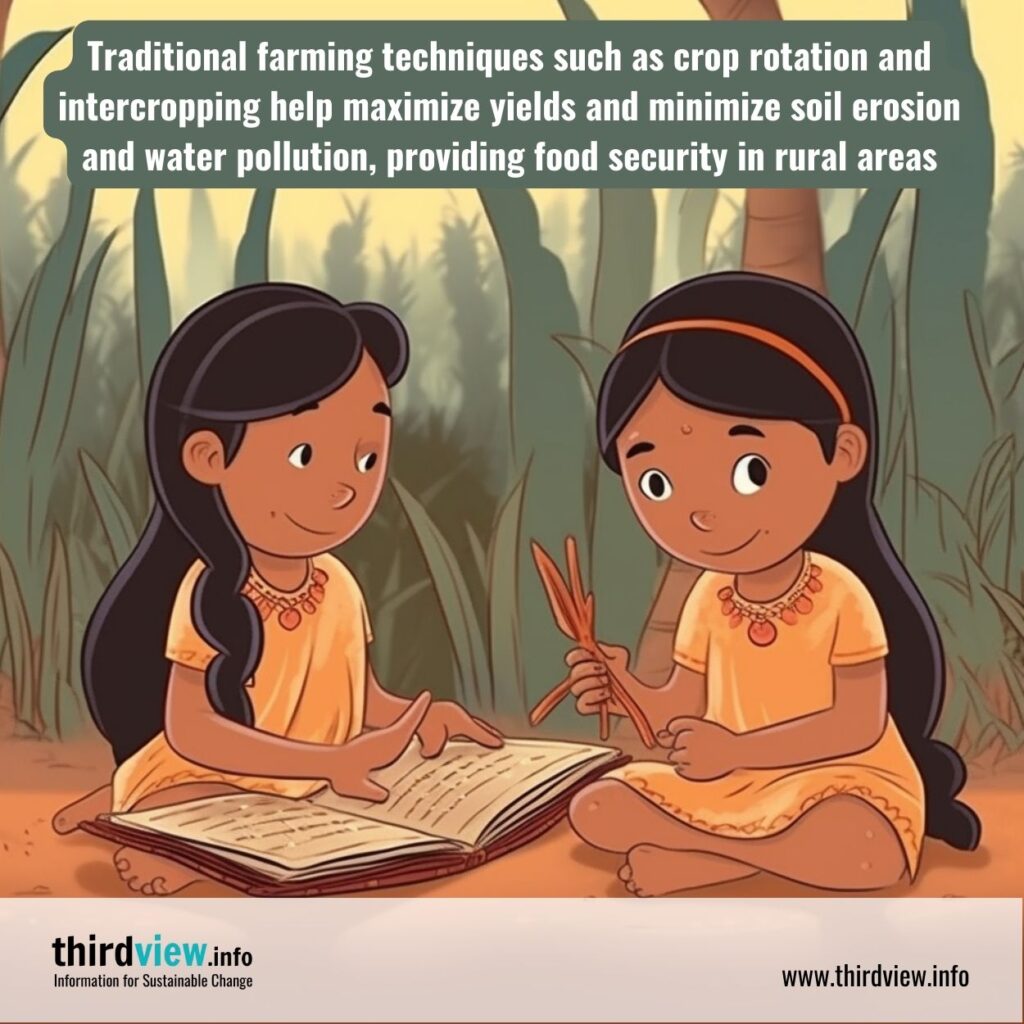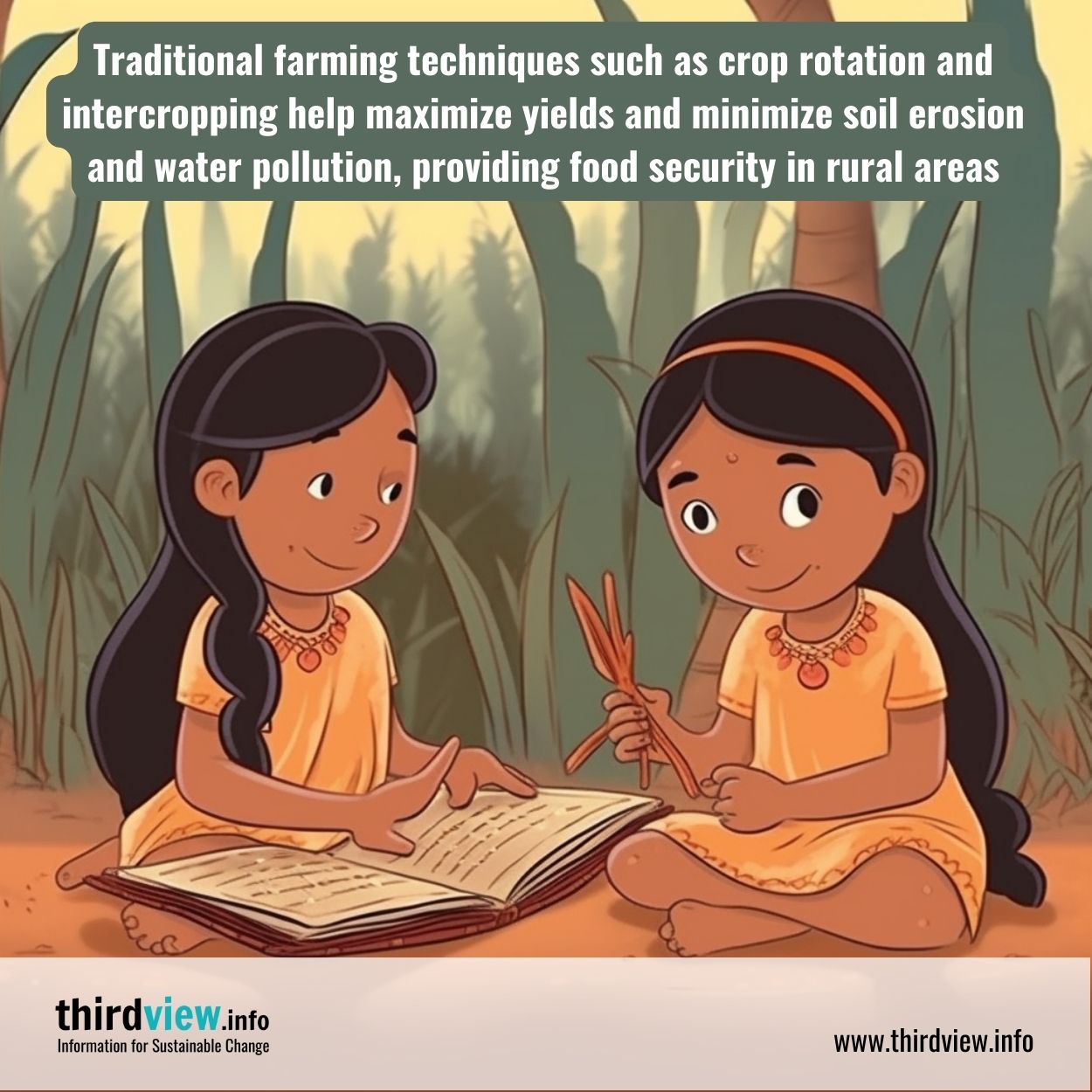Traditional indigenous knowledge (TIK) is a unique collection of wisdom that has been passed down across generations. It encompasses a wide range of cultural practices related to the environment, including traditional methods of land management, the use of natural resources, and the preservation of biodiversity. This knowledge plays an important role in sustainable development, from providing food security to protecting sacred places. Let’s take a closer look at how TIK contributes to sustainability around the world.
Protecting Sacred Sites
One way that TIK contributes to sustainable development is by preserving sacred sites. These sites are often home to endangered species or archaeological artifacts—or both—and they are deeply intertwined with local cultures and beliefs. By recognizing and respecting these sites, we can protect them from developers who may not understand their importance. In addition to protecting valuable species and artifacts, recognizing sacred sites also helps preserve traditional beliefs and practices that have been passed down through generations.
Preserving Biodiversity
Another way TIK contributes to environmental sustainability is by preserving biodiversity. In many cases, local populations have developed traditional methods for managing natural resources such as forests or fish stocks that help maintain healthy ecosystems without disrupting the balance of nature. For example, some indigenous communities practice rotational fishing—a method which limits overfishing by rotating catch areas—or use low-impact selective logging techniques that protect vulnerable habitats while still allowing for timber harvesting. By incorporating these techniques into modern conservation strategies, we can ensure that our planet’s precious biodiversity remains intact for future generations.
Providing Food Security
The third way TIK contributes to sustainable development is by providing food security in rural areas where access to markets or modern agricultural technology is limited. Indigenous communities often rely on traditional farming techniques such as crop rotation or intercropping which help maximize yields while minimizing soil erosion and water pollution. These methods also enable farmers to grow multiple crops in one area; this means they can diversify their diets while simultaneously reducing their exposure to market fluctuations or environmental disasters such as droughts or floods.
Traditional indigenous knowledge has played an important role in sustaining human life since ancient times; it continues to contribute significantly to sustainable development today. From protecting sacred sites and preserving biodiversity, to providing food security in rural areas where access to markets or modern agriculture technology may be limited, TIK offers valuable insight into how we can better manage our planet’s resources for future generations. We should continue exploring ways in which we can incorporate these time-honoured practices into modern conservation efforts so that we can ensure the sustainability of our planet long into the future.


